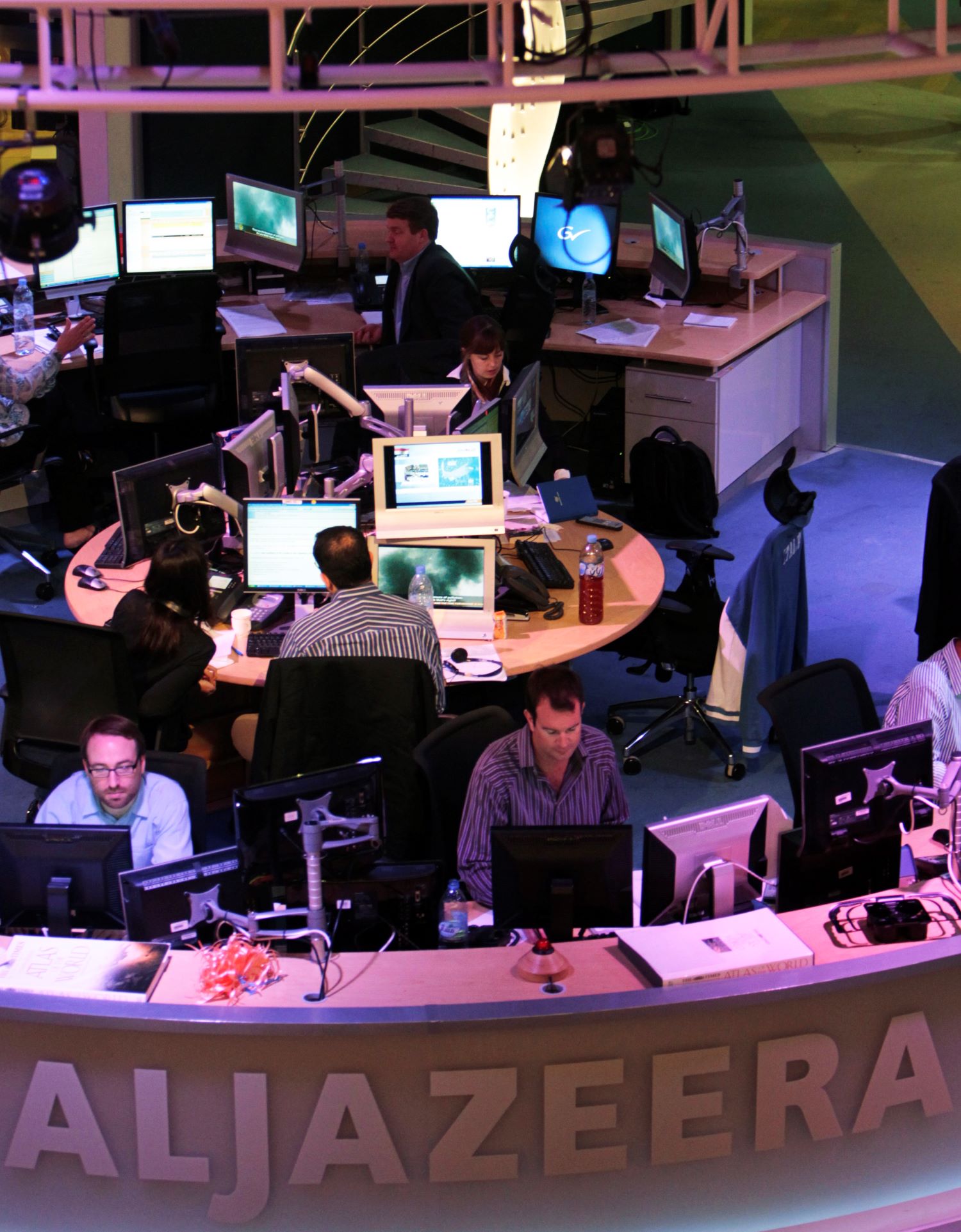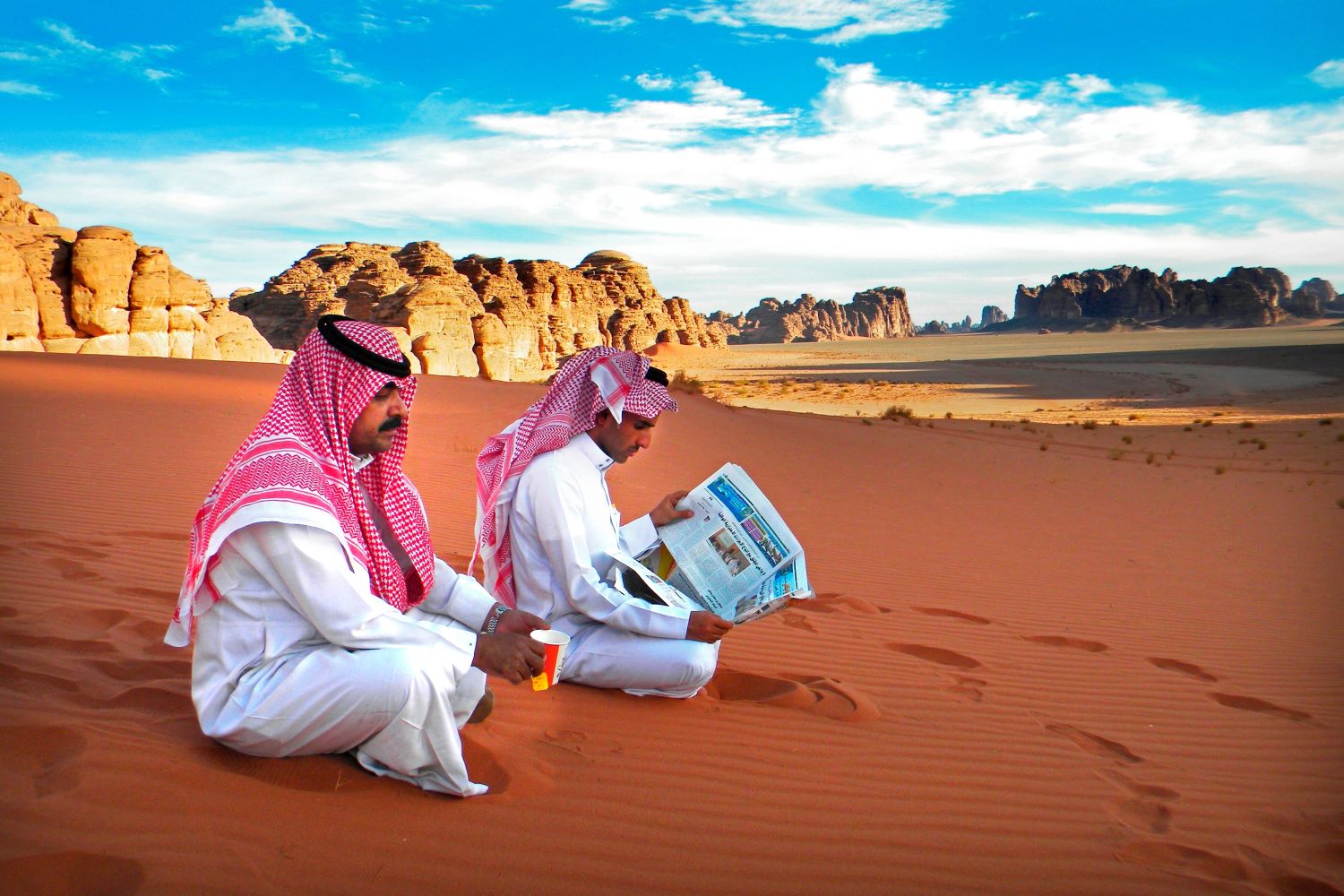ANALYSIS: Journalists require time and space to provide the depth readers need to make sense of an endless stream of instant news.
The French intellectual Pierre Bourdieu once described the media as a platform for “fast thinkers”, using the analogy of fast food. Bourdieu believed that the “snackbites” of information provided by analysts, while satisfying audiences’ hunger for information, were also bad for their health – in this case, their informational health.
Let’s stay for a moment with Bourdieu’s metaphor. In the late 20th century, nutritionists and environmentalists came together to form the so-called “slow food movement”, in order to “prevent the disappearance of local food cultures and traditions, counteract the rise of fast life and combat people’s dwindling interest in the food they eat”.
Adopting the same approach, we might describe “slow journalism” as a method to preserve the original values of journalism – depth, composure, maturity and a broad understanding of events – and mitigate the fast pace of life that can undermine those values, as well as counteract compassion fatigue. An endless stream of instant news has numbed readers to their environments, and has made it difficult for journalists to attract interest, even in catastrophic events. It is worth noting that this phenomenon has been linked to the growing speed and availability of news.
Here, we might want to consider the choice of name. Is it slow journalism, or unhurried journalism – journalism that takes its time? This is an important question, whose answer lies in another question: Are we talking about pieces that take time to produce or pieces based on information that takes time to mature?
A unabating stream of events
The whirlwind of constant updates requiring rapid follow-up from journalists and the novel needs of the public in the age of social media have changed the playing field in journalism. Journalists now have to have their work – whether news or analysis – ready for publication or broadcast within an extremely narrow window of time. The unabating stream of events means that a piece that appears as little as a day or two after the event may have lost its relevance entirely. This particular disorder is now endemic to newsrooms around the globe and, as a result, media coverage of events rarely has the depth readers require to understand them. Such depth requires a “slow-burn” approach safe from the worry that a short delay will render the piece irrelevant to the public.

This question has given numerous journalists and academics pause for thought and encouraged them to reconsider the different aspects of journalism that have been lost in many cases because journalists do not have enough time to bring a story to maturity. The result is the “new-old” expression “slow journalism”, which proceeds from the principle that in order to provide a comprehensive and in-depth understanding of events journalists need time to think about them at length and develop a more sophisticated understanding of what is going on.
I say “new-old” because the conundrum posed by haste and its negative effect on depth has been raised before by various late-20th-century sociologists. Pierre Bourdieu (1930-2002)’s book On Television discusses the topic at length. Giles Deleuze (1920-1995) also wrote extensively about the problem of television, which provides the public with a superficial overview of events without having enough time to cover them in detail or explain them properly. Deleuze refused to give TV interviews because of the piecemeal (or incomplete, or even “guided”) approach to his theses by journalists during such interviews, which, he claimed, produced an inaccurate picture of his ideas. Nor was he alone among intellectuals in doing so.
Media and the illusion of knowledge
Many academic studies of the media discuss its role in creating the so-called “illusion of knowledge”. One study, for example, contends that abridged and non-comprehensive media content can strengthen citizens’ misplaced belief that they are knowledgeable about and capable of evaluating current affairs. This is to say that by presenting superficial information and analysis, the media can help convince the public that they are well-informed about events and well-equipped to deal with them. How often do we see analysts giving their take on air only minutes after an event whose repercussions are usually impossible to grasp within such a short period of time?

But the media is not to blame here. When the audience hears about something happening somewhere, the first thing they do is search for media sources that can provide them with an easily-digestible quick fix of information. Any media outlet that takes a stand against rapid analysis of events because of the lack of precise information, insisting on covering events in depth, will quickly lose its audience to other outlets. As a result, these outlets are forced to offer analyses providing quick “doses” of knowledge – usually chimerical and at best superficial – rather than precision and comprehensiveness. If they do not, they will pay the price for not getting there first. Major media outlets cannot afford to pay this price in pursuit of more in-depth content.
The speed with which news is transmitted, despite its negative aspects, is still important to serving the public and keeping them informed about what is going on around them; one of the basic functions of journalism is to alert people to events. This all requires a different space dedicated to a more in-depth look at events, requiring more time and more effort from journalists compared to in-the-moment coverage.
This time allows journalists to go into greater depth about events and their possible implications. It allows them to produce pieces with greater maturity, providing the public with a broader and more comprehensive idea of what is going on around them. Slow journalism might thus be said to serve the public better – to complete journalism’s efforts to keep them informed on events.
Slow journalism?
The term “slow journalism” was coined by Susan Greenberg in a 2007 article for Prospect magazine, taking a recent marketing concept (“the end of the middle”) and applying it to journalism. Greenberg argued that the style of long-form non-fiction could end the monopoly of fast journalism. Citizens are getting their short-form breaking news for free via news services, while the middle ground - traditional print journalism - is losing its audience. The end of the middle, she argued, should produce a boom in articles, reports and other forms of non-fiction writing taking their time in extracting information, paying attention to stories ignored by others, and producing content meeting the highest standards of journalism. This she called “slow journalism”.

Delayed Gratification Magazine – one of the media projects that has adopted the methodology of “slow journalism” – states that it “take[s] time to do things properly. Instead of desperately trying to beat social media to breaking news stories, we focus on the values we all expect from quality journalism – accuracy, depth, context, analysis and expert opinion. […] We pick up the pieces after the dust has settled so you can read about the medium- and long-term impact of news events”.
Finally – and this is perhaps the most important takeaway from this article – there is an urgent need for the widespread adoption of a new culture of slow journalism in the Arab World in order to take a more measured approach to the constant ebb and flow of events on the ground here. These events can turn journalists into glorified typewriters transmitting events, preventing them from carrying out some of the most important functions that they have a moral responsibility to society to perform: providing the public with comprehensive, precise and sophisticated information about events without bias. This requires journalists to coexist and interact with events in a way that gives them enough time and gives them a view of the broader scene and not just one corner thereof.












































